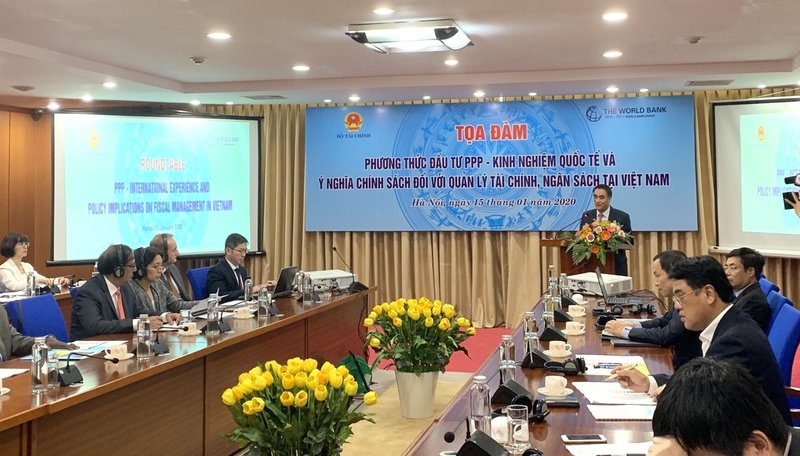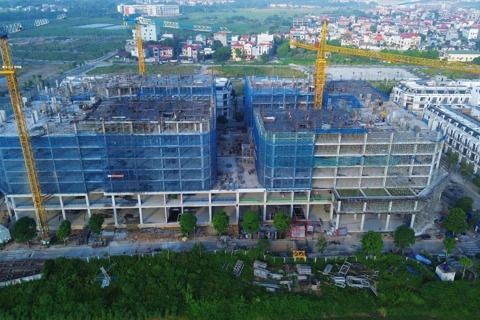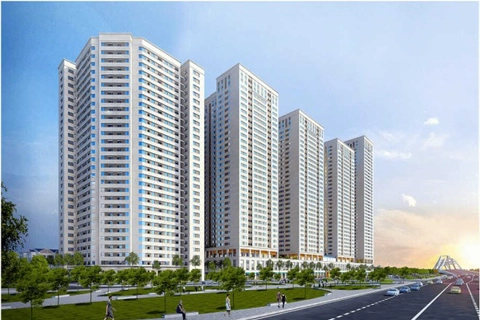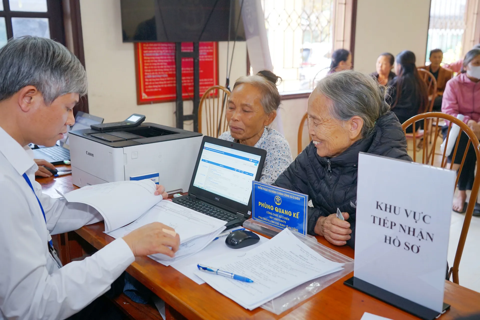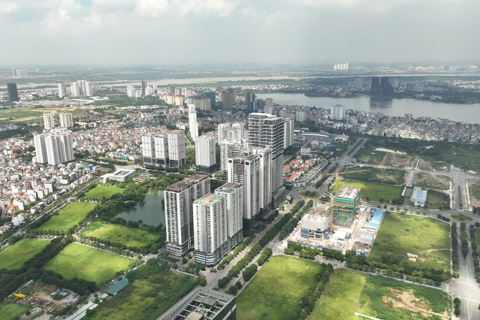Vietnam faces difficulty in raising funds for infrastructure
Taking into account the size of the Vietnamese economy, a large proportion of the state budget allocated for infrastructure development would affect the balance of payment and the economy.
Vietnam is currently struggling to mobilize funds for infrastructure development, evidenced by the country’s state budget allocation of 5.7% of the GDP for such projects, the highest ratio in Southeast Asia, according to Lynn Tho, representative of Ernst & Young.
| Overview of the conference. Source: VGP. |
As funding from state budget remains limited, mobilizing private funds for infrastructure projects is a viable option for Vietnam, said Tho at a conference discussing the public-private partnership (PPP) mechanism in Vietnam’s context on January 15, the governmental portal reported.
According to the Global Competitiveness Report 2017 – 2018 of the World Economic Forum, Vietnam ranked 79th out of 137 countries and territories in terms of quality of the infrastructure system.
Additionally, only 20% of Vietnam’s roads are asphalted, significantly lower than other countries such as Malaysia, India and Indonesia.
The Asian Development Bank (ADB) estimated Vietnam would need around US$480 billion for infrastructure development in the 2017 – 2030 period.
However, given the fact that Vietnam's modest economic size is restricting capital accumulation capacity, a large proportion of state budget allocated for infrastructure development would affect the balance of payments and cause public debt to swell.
Addressing the conference, Country Director of the World Bank in Vietnam Ousmane Dione said the PPP mechanism would bring benefits for Vietnam, but fiscal risk remains the most challenging issue.
Dione said some think the PPP investment is a way to have free infrastructure, or a solution to overcome financial difficulties.
Moreover, most PPP projects in Vietnam are direct contracting, posing potential risks of losses to the state budget and unqualified contractors, while the supervision process remains inefficient.
Dione added PPP capital from foreign investors would help Vietnam finance large scale projects that the domestic funds are unable to cover, suggesting the government should provide more support to facilitate the PPP mechanism in Vietnam.
A South Korean expert said his government offers financial support to investors to ensure their minimum revenue. Once the PPP mechanism was widely adopted, South Korea replaced such support to a risk-sharing program with a financial support of 30 – 50% of total investment capital.
In Turkey, the government is committed to ensuring minimum revenue for transportation projects.
Sanjay Grover from the ADB said the risk-sharing mechanism should only be used for feasible projects or in case of necessity.
According to Vice Minister of Finance Tran Xuan Ha, the Ministry of Planning and Investment is responsible for drafting the PPP Law, which is subject for approval of the National Assembly.
Prime Minister Nguyen Xuan Phuc, in a discussion at the National Assembly last November, said a PPP law is an urgent matter. In PPP projects, benefits would be divided among the state and the investors.
Phuc also suggested greater deregulation and transparency during the bidding process, as the state role in this case should be limited to drafting regulations and monitoring the process.
Nguyen Duc Kien, former vice chairman of the Economic Committee under the National Assembly, said it is essential to maintain the principle of “the state is a fair partner of investors”, meaning that both the state and the enterprises are on the “same boat” with equal risks and benefits.
However, a number of National Assembly deputies expressed concern over the risk sharing mechanism mentioned in the draft law.
The government proposed two options for risk sharing mechanism in terms of revenue. Firstly, the government would bear the maximum of 50% of losses between the actual revenue and the committed one in the contract. Secondly, the investors commit to share with the government no less than 50% of the difference in revenue between the actual and the committed figure.
A National Assembly deputy in Hanoi said such a mechanism is unfair and inappropriate, as investors must bear all risks, if any, and should be applicable to special projects only.

